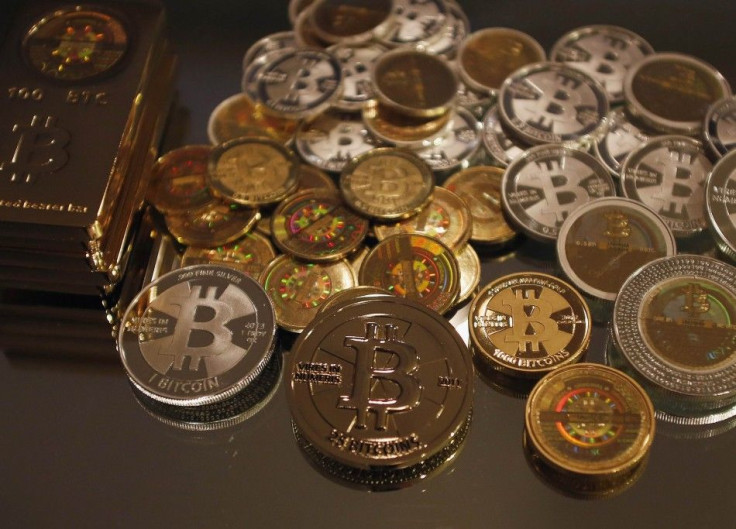Canadians Warned – Bitcoin Still Unrecognised as Legal Tender

Bitcoin automated tellers machines may be proliferating all across Canada, but the country's finance department was quick to warn residents the digital currency has yet to be recognised as a legal tender.
On Thursday, Canada unveiled its third bitcoin ATM in Ottawa, a machine that lets users put Canadian dollars into it and then credits the user's bitcoin wallet with bitcoin. It is not a tangible coin that users can get on hand physically. It works similar to digital cash in a peer-to-peer payment system scenario. Bitcoins are used to pay electronically pay goods and services, even transfer funds, without a formal financial institution.
The digital cryptocurrency is gaining ground in Canada. As of Thursday afternoon, one bitcoin was estimated to be $900 CDN.
However, in so far as the country's finance department is concerned, "only Canadian bank notes and coins are recognized as legal tender in Canada."
"Bitcoin digital 'currency' is not legal tender in Canada," the WSJ quoted an unidentified official from Canada's finance department as saying.
The beauty of the bitcoin technology and the resulting ATMs is that users can transfer money across borders without being bombarded by government regulations and fees, according to Ryan Wallace, BitAccess CEO, the company that installed the ATM in Ottawa.
"It's like sending cash out of your wallet from one person to another, without any hassle," he said. "It's instantaneous."
The official from the finance department said regulators from the central bank and the Office of the Superintendent of Financial Institutions are monitoring the virtual currencies.
As expected, the introduction of bitcoin into the world market, not only in Canada, has its own share of critics.
In the long run, it will need to be regulated, David Descoteaux, a researcher with the Montreal Economic Institute, told CBC News.
"Maybe if bitcoins were subjected to consumer protection law, maybe that would strengthen the confidence of a lot of people who want to try it but right now are kind of wary of what could happen if there's a problem," Mr Descoteaux said.
"If there could be some clear guidance or some regulatory framework, I think it would be more certain for everyone. ... There is a certain part of people who are very enthusiastic about bitcoin, who are kind of libertarians who want to change the financial system. So it may be ironic, for some, but I personally believe that bitcoin will profit from some kind of government acceptance."
Critics remained wary the bitcoin trend could just be a passing fancy, while others are concerned over the volatility of the coin's value.
Bitaccess will be placing machines in Montreal, Vancouver, Winnipeg, Calgary, New York City and the Bahamas within the next few weeks.





















